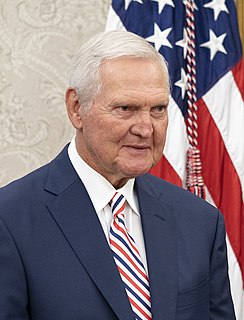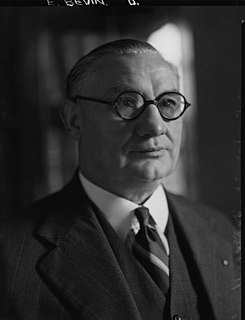A Quote by Claus von Stauffenberg
If our most highly qualified General Staff officers had been told to work out the most nonsensical high level organization for war which they could think of, they could not have produced anything more stupid that that which we have at present.
Related Quotes
In your deliberations, when seeking to determine the military conditions, let them be made the basis of a comparison, in this wise: which of the two generals has the most ability? on which side is Discipline most rigorously enforced? which army is stronger? on which side are the officers and men more highly trained? in which army is there the greater constancy both in reward and punishment?
I like silly things. I think that "silly-stupid" or "stupid-smart" might be my philosophy, which is to combine a veneer of intelligence with an undercurrent of crass stupidity. Sometimes that stupidity is in the form of the actual joke that's being told, or it could be in the way the joke is told. Like, repetition is really stupid, but it's really funny. Or it could be that the punchline itself is stupid.
The parts that embarrass you the most are usually the most interesting poetically, are usually the most naked of all, the rawest, the goofiest, the strangest and most eccentric and at the same time, most representative, most universal... That was something I earned from Kerouac, which was that spontaneous writing could be embarrassing... The cure for that is to write the thing down which you will not publish and which you won't show people. To write secretly... so you can actually be free to say anything you want.
Let me just say you could end this violence within a very short period of time, have a complete ceasefire - which Iran could control, which Russia could control, which Syria could control, and which we and our coalition friends could control - if one man would merely make it known to the world that he doesn't have to be part of the long-term future; he'll help manage Syria out of this mess and then go off into the sunset, as most people do after a period of public life. If he were to do that, then you could stop the violence and quickly move to management.
What's less well known is that the CIA's executive management staff is far more concerned with selecting the right candidates to serve as CIA officers than it is about selecting agents overseas. The CIA dedicates a huge portion of its budget figuring how to select, control, and manage its own work force. It begins with instilling blind obedience. Most CIA officers consider themselves to be soldiers. The CIA is set up as a military organization with a sacred chain of command that cannot be violated. Somebody tells you what to do, and you salute and do it. Or you're out.
Words were one of the most powerful forces known— or unknown— to man. The Most High had created this world with His words. And humans, who had been fashioned in His image, could direct the entire course of their lives with their words, their mouths as the rudder on a ship, as the bridle on a horse. They produced with their words. They destroyed with their words.
I know when I left the game, I could have played more. There is no question. I think I could have played at a very high level, too. But I could not play the way everyone wanted me to play. And I was not willing to compromise what I felt was a standard that I had established in this league and, particularly, for our fans at home.
Society is a more level surface than we imagine. Wise men or absolute fools are hard to be met with, as there are few giants or dwarfs. The heaviest charge we can bring against the general texture of society is that it is commonplace. Our fancied superiority to others is in some one thing which we think most of because we excel in it, or have paid most attention to it; whilst we overlook their superiority to us in something else which they set equal and exclusive store by.
The business schools could do a better job teaching face-to-face management, the actual work of organizing and helping along the efforts of others in the organization. The more quantitative disciplines have gotten more attention, often more research dollars. Areas like organizational science or, even mushier, leadership have had more trouble settling on what it's important to teach, and how. It's rather like strategy itself, which as I argue in the book, has had trouble through most of its history figuring out how to incorporate people, their motivation and ability, into its calculations.
This Iraq war has been the most "privatized" war in America's history. It has seen the most extensive use of contractors. The contractors have increased the costs; but they have been necessary - the military simply could not have done it on their own. we would have had to increase the size of the military. But the George W. Bush Administration wanted America to believe that it could have a war, essentially for free, without raising taxes, without increasing the size of the armed forces.
As for my own business, even that kind of surveying which I could do with most satisfaction my employers do not want. They would prefer that I should do my work coarsely and not too well, ay, not well enough. When I observe that there are different ways of surveying, my employer commonly asks which will give him the most land, not which is most correct.




































